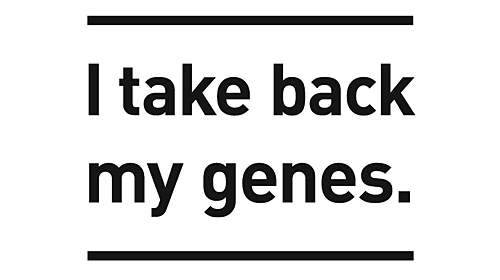
Yesterday, a unanimous Supreme Court strongly reaffirmed a principle that has existed in our case law for over 150 years: laws of nature, natural phenomena and abstract ideas cannot be patented. This principle may seem obvious, but companies have sidestepped it for years by cleverly drafting applications that pass muster with the patent office.
The decision in Mayo Collaborative Services v. Prometheus Labs. involved patents on methods of correlating blood test results and drug toxicity. The Court found them invalid because the patents do nothing more than claim a law of nature — how a patient reacts to a drug.
The ACLU filed an amicus brief in the case, arguing that these patents improperly prevent physicians from considering whether to change a patient’s treatment in light of blood test results and therefore violate patent law and the First Amendment, which protects scientific thought. Prometheus’ monopoly allowed it to sue when Mayo wanted to develop and use its own test for determining whether a patient was responding well to a drug.
The Court acknowledged the harmful impact on medicine and innovation: “Unlike, say, a typical patent on a new drug or a new way of using an existing drug, the patent claims do not confine their reach to particular applications of those laws [of nature] . . . . they tie up the doctor’s subsequent treatment decision.” While it is possible for others to come up with a new drug without infringing patents on existing drugs, a doctor cannot invent around the natural reaction of a patient to a drug. We have similarly argued that patents on human genes are a barrier to advancements in medicine and research because they grant a monopoly on the genes themselves.
Article I of the Constitution grants Congress the power to issue patents if they “promote the progress of science.” The Court’s decision reinforced this constitutional limitation by recognizing that patents on laws and products of nature can impede, rather than encourage, future innovation.
If you agree that human genes should not be patented, join our Take Back Our Genes campaign!
(Originally posted on ACS Blog.)
Learn more about gene patenting: Sign up for breaking news alerts, follow us on Twitter, and like us on Facebook.


